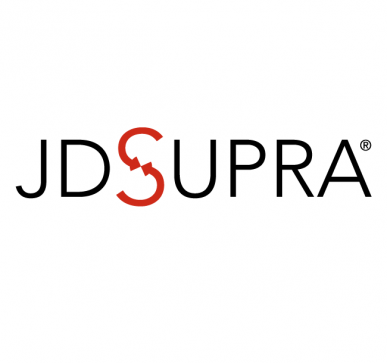Bookkeepers are by practical definition business multi-taskers. They keep financial records, post debits and credits, prepare reports, execute banking transactions, act as collectors for overdue accounts, work with clients and vendors and handle payroll – just to name a few. They are made responsible by business owners and managers for the accuracy and quality of the data and records maintained by the business.
Because bookkeepers follow directives and rules from the business owner, they are perceived to lack “independent judgment” and decision making authority.
Business owners naturally want to minimize expenses and reduce human work flows in order to increase efficiency and the bottom line. In some businesses, “virtual” Bookkeepers have started to replace traditional human Bookkeepers. It is part and parcel of available new technology software and ICloud capabilities. Not all businesses are ready for expense management software and still rely on a human “Bookkeeper” they believe they can trust. An overly trusted Bookkeeper can put a business at risk and expose it to potential litigation.
Lack of internal controls in a business can open the door for a bookkeeper to commit fraud and asset misappropriation. If adequate internal controls are not in place, a business owner trusting a Bookkeeper can be a risky proposition. Businesses with tight internal controls are better able to rely on the quality and accuracy of their financial records.
Bookkeepers must:
- Have a certain level of technical knowledge or professional competence.
- Provide informative advice.
- Be transparent, honest and accessible.
Recording financial transactions for managing cash flow, complying with tax obligations, business planning and proper record keeping are some of the reasons why Bookkeepers are important. Despite the importance of a good Bookkeeper, when financial irregularities occur, business owners may need to consult outside trusted professionals and they turn to CPA forensic accountants. They are specialists that integrate accounting, auditing and investigation skills. The merging of all these skills under the forensic hat means that the results are suitable in the courts for discussion, debate and dispute resolution.
A CPA forensic accountant is trained to “look beyond the numbers”, and should be hired as early as possible to achieve best results. In addition, a competent forensic accountant can analyze, interpret, summarize and present complex financial and business related issues in an understandable and properly supported manner to a business owner.
Don’t be a victim of your own making. Business owners ought to make sure that they have the right internal controls in place for minimizing the possibility of engaging with a bookkeeper that is not the right fit.
https://www.jdsupra.com/legalnews/is-your-bookkeeper-the-right-one-33216/





